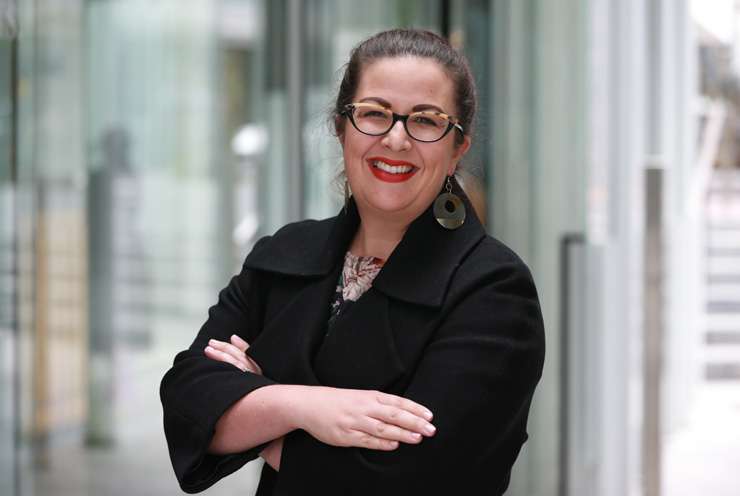HSBC’s new sub-2% mortgage rate is great news and will likely lead to the other big banks following suit, a leading mortgage broker has told OneRoof.
HSBC’s 1.99% rate is for both 12-month and 18-month fixed terms, matching the rate first offered by Heartland Bank last October. HSBC has also expanded its criteria to allow lending to households earning over $125,000.
Rupert Gough, the founder and CEO Mortgage Lab, said the new rate was a good sign for the market. “Typically, when the outlier banks move then the mainstream banks move a month or two later, so it’s a really good indication on where the market’s going,” he said.
While Heartland was the first to offer a sub-2% rate, HSBC, he says, is the first bank that can lend a significant amount of money.
Start your property search
The news of HSBC’s new rate follows an announcement from the Reserve Bank that it re-imposing loan to value ratio rules in a bid to cool the heated housing market.
The rules, suspended in March last year as part the Reserve’s Covid-19 response, will up the official home loan deposit requirements for owner-occupiers to 20% and investors to 30% from March 1, and then 40% from May 1.
Gough said that while HSBC and Heartland rates would be a boost for first home buyers, he warned that banks’ servicing rates were set much higher when it comes to lending: “You need to be able to show you can afford that 6% interest rate.”
What the sub-2% did mean was that people would make bigger savings – around $1500 a year on a $500,000 mortgage.

Financial adviser Hannah McQueen: “Interest rates this low are almost your joker card – but too many people won’t play it properly.” Photo / Supplied
“It’s not going to make the market hot, it will just ease the pain for some people. I have a feeling that in five years’ time when interest rates have gone up again there’s going to be a lot of regret from people who haven’t really used this time to pay down their mortgage.”
He added: “This is the time to really dominate your mortgage.”
Financial adviser Hannah McQueen said that while the new rate was attractive people shouldn’t necessarily be in a hurry to switch banks.
McQueen, the head of EnableMe, said: “When we advise clients to switch banks we want there to be a good reason behind it and interest rates only tend to account for a small proportion of all the things that get considered.
“For example, you’d need to weigh up, are there break fees? Are there incentives? How does that bank treat different types of income, e.g., bonuses, commission payments, child support – because that will impact your ability to borrow, regardless of the interest rate.”
McQueen said mortgage-holders should look at factors such as the new bank’s fees, what size of revolving credit they allow, how hard they make it to pay off debt faster and what they would lend if the customer wanted to borrow to invest.
“Some also like to consider whether the bank is New Zealand-owned or not. Some of those things are of no relevance to some people but the idea of moving banks is to ensure it unlocks greater potential and options for you,” she said.
“Plus, to be honest, HSBC are likely just setting the tone of where other banks are expected to move to.”
McQueen agreed that low interest rates were an opportunity to pay down the mortgage sooner. Rates would eventually rise, but once that seems imminent people could still likely lock-in a five-year rate at sub-3% so they would still have certainty for at least five or six years.
“In the years I’ve been a financial adviser there’s never been such certainty of low interest rates so you need to be considering - what can you achieve in the next 5 or 6 years with that benefit? Can you pay off X amount of debt, get mortgage-free, invest, or something else?
“Set the goal and put the framework in place and level up to achieve it. Interest rates this low are almost your joker card – but too many people won’t play it properly.”
McQueen said that HSBC’s move suggests house prices would continue to rise, fuelled by people’s ability to borrow. “People always tend to feel more confident when house prices are rising; they feel richer, which often means they’re prepared to spend more,” she said.
“But using these conditions to pay down debt sooner and be more strategic – that’s what will make the difference to your wealth in the long run.”
McQueen said that it was easy to forget that in a hot market people had to buy as well as sell, so the low rates were only a financial boon if they have used them to pay off debt, invest or downsize.


